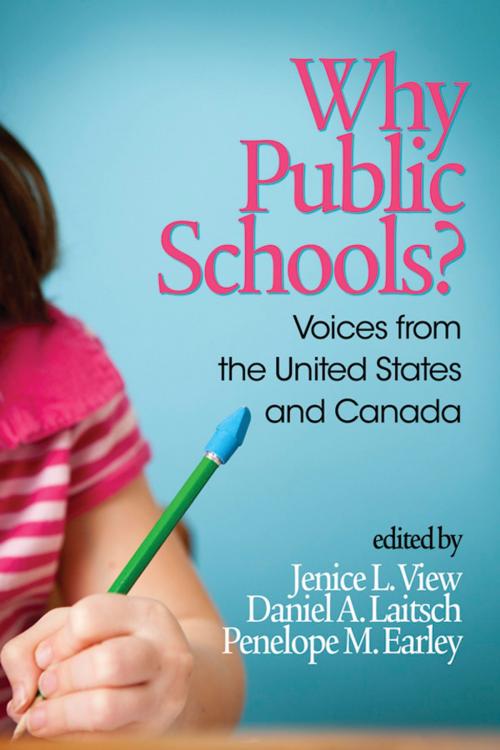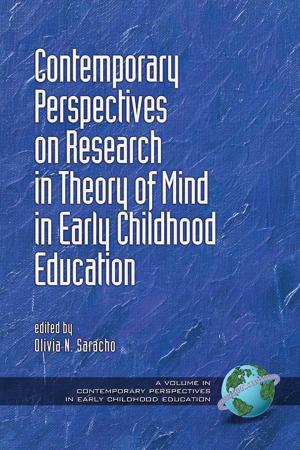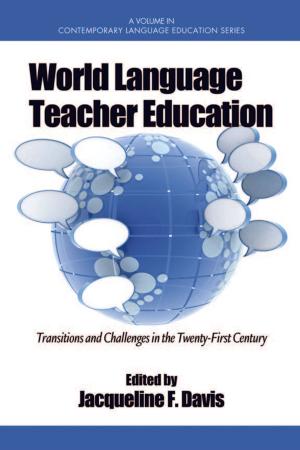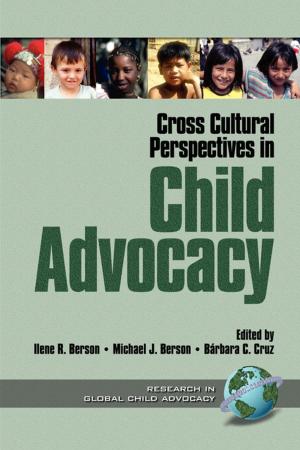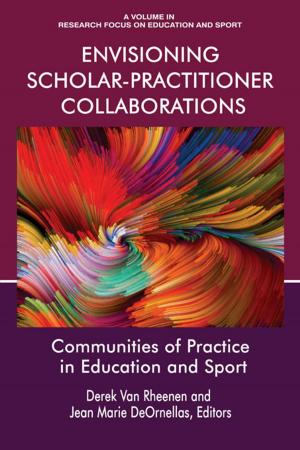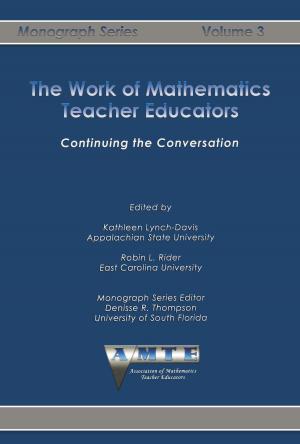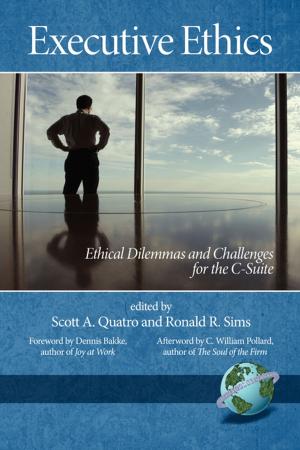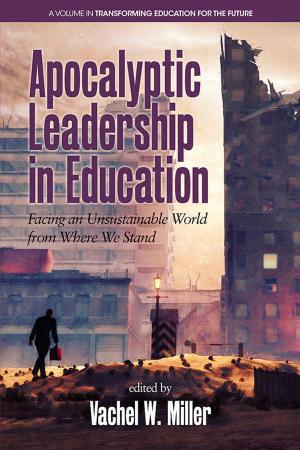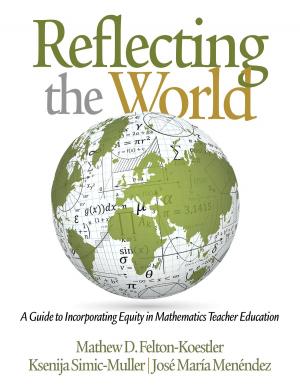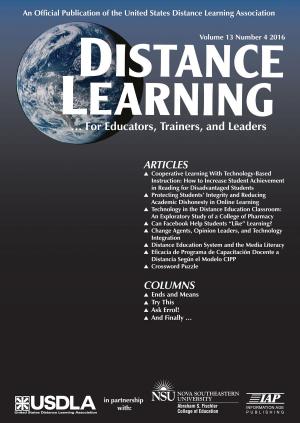Why Public Schools?
Voices from the U.S. and Canada
Nonfiction, Reference & Language, Education & Teaching, Educational Theory, Educational Reform, Administration| Author: | ISBN: | 9781623961077 | |
| Publisher: | Information Age Publishing | Publication: | March 1, 2013 |
| Imprint: | Information Age Publishing | Language: | English |
| Author: | |
| ISBN: | 9781623961077 |
| Publisher: | Information Age Publishing |
| Publication: | March 1, 2013 |
| Imprint: | Information Age Publishing |
| Language: | English |
What is the purpose of public education? What is the value of taxpayer supported public schools? Who is invited to answer these questions? Except among policymakers, few publicly answer or debate these questions. Instead, the neoliberal forces of competition and deregulation seem to be driving education decisionmaking. The formal education system is seen as a tool for personal and national economic growth. Much of the education policy debate is centered on how to attain academic success as measured by standardized high stakes tests and evaluations. But, how to educate children and youth is a second order question. The first question must be ‘what is the purpose of schooling, and is it limited to the presumed answer that it is to prepare workers so our nations can sustain economic superiority?’ Students, parents, teachers, business people, artists, retirees, First Nations people, military veterans, and religious professionals are not typically invited to answer these questions despite their stake in educational outcomes. Twentyfour such people, including professional educational policy makers and scholars, offer their thoughts in these essays from the US and Canada. The intended audience for this volume includes all who are concerned with the future of public schools in both nations.
What is the purpose of public education? What is the value of taxpayer supported public schools? Who is invited to answer these questions? Except among policymakers, few publicly answer or debate these questions. Instead, the neoliberal forces of competition and deregulation seem to be driving education decisionmaking. The formal education system is seen as a tool for personal and national economic growth. Much of the education policy debate is centered on how to attain academic success as measured by standardized high stakes tests and evaluations. But, how to educate children and youth is a second order question. The first question must be ‘what is the purpose of schooling, and is it limited to the presumed answer that it is to prepare workers so our nations can sustain economic superiority?’ Students, parents, teachers, business people, artists, retirees, First Nations people, military veterans, and religious professionals are not typically invited to answer these questions despite their stake in educational outcomes. Twentyfour such people, including professional educational policy makers and scholars, offer their thoughts in these essays from the US and Canada. The intended audience for this volume includes all who are concerned with the future of public schools in both nations.
